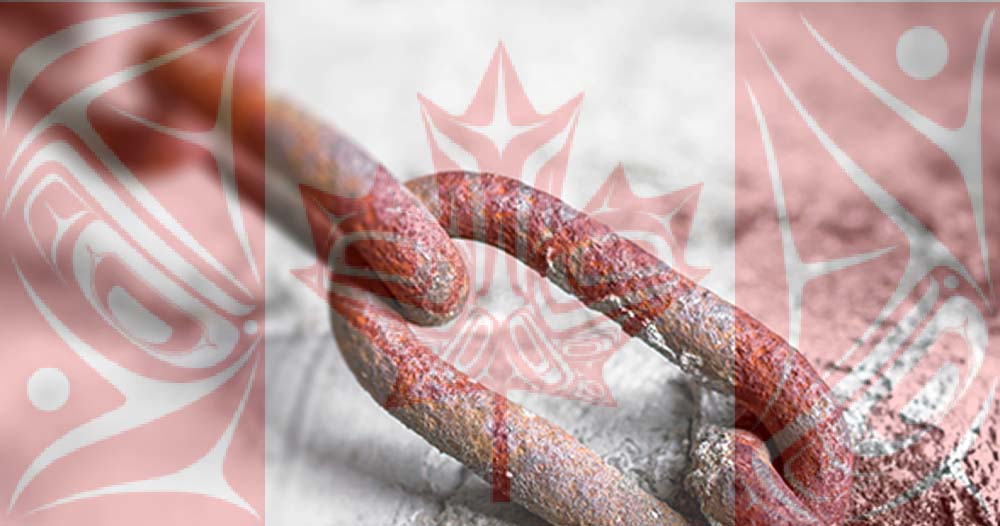“Give me liberty or give me death” was a battle cry that many people will remember hearing, but few will recall the statesman who said it. Even fewer will know what it meant.
These seven words concluded a speech given by Patrick Henry on March 23, 1775; a speech that galvanized Virginians leading up to the American revolutionary war, a war between British colonialists and the British Crown.
Since then, the choice between liberty and death, or freedom and slavery, has been made thousands of times. The most recent call for freedom was in Hong Kong where crowds of young people confronted the Communist Chinese police and military. “Give us freedom,” the people screamed, “or your inhuman acts will be seen around the world.”
As polar opposites, freedom and slavery/dependency, stretch back to the beginning of recorded history.
Before Moses led the Israelites out of Egypt, God covered the land with a succession of ten plagues. To stop these deadly scourges, Pharaoh let Moses and his band of kinsmen go. They set out walking across the desert. But when the people had been wandering under the hot sun for days, they cried out to Moses “Let us go back to Egypt because there we had flesh to eat.”
At that time, the Israelites preferred flesh and slavery over mana and freedom. Today, of course, they prefer freedom.
The dichotomous choice between freedom and dependency has become a fundamental part of modern political discourse. It is natural to want dependence —child-like, but natural. Freedom, on the other hand, is a value that has to be chosen because it is not natural. Freedom is something that people need to struggle with. Eventually, however, freedom will be embraced by rational beings, while pining for dependency is an emotional response.
In Canada, the best example of the rejection of freedom for dependency is in the Truth and Reconciliation Commission’s (TRC) recommendations—the Calls for Action—and the Indigenous leadership that have embraced these recommendations.
The TRC Report contains 94 wide-ranging Calls to Action, touching on virtually every aspect of Canadian society. Surprisingly, every one of the recommendations asks non-Indigenous Canadians to do things, spending billions of dollars as acts of contrition towards Indigenous Canadians.
Also, surprisingly, none of the Calls are directed at Indigenous Canadians, asking them to do anything except simply accept the compensation, and then to keep asking for compensation.
Indigenous Canadians need not be thankful, and they do not even need to say what has to be done before reconciliation is achieved. The process is open ended, meaning that there is no way of knowing when reconciliation has been achieved. Only Indigenous people determine that outcome.
This one-sided expectation is much different from the expectations embedded in other national and international treaties and agreements where reciprocal obligations are the norm.
Thus, clearly, the Commissioners and the Indigenous people who accept the TRC’s conception of reconciliation are asking for a deepening of their servitude—their dependency—and they are not asking for freedom. Indigenous people want obligations to flow in only one direction, while deciding when reconciliation has been achieved, if ever.
In this respect, many Indigenous people, under the guidance of the Commissioners, figuratively want to return to Egypt where they can eat flesh while living in dependence. Wouldn’t it be better for Indigenous people to follow an Aboriginal Moses to freedom and self-determination?
Rodney A. Clifton (rodney.clifton@umanitoba.ca) is a Senior Fellow at the Frontier Centre for Public Policy and a Professor Emeritus at the University of Manitoba.



